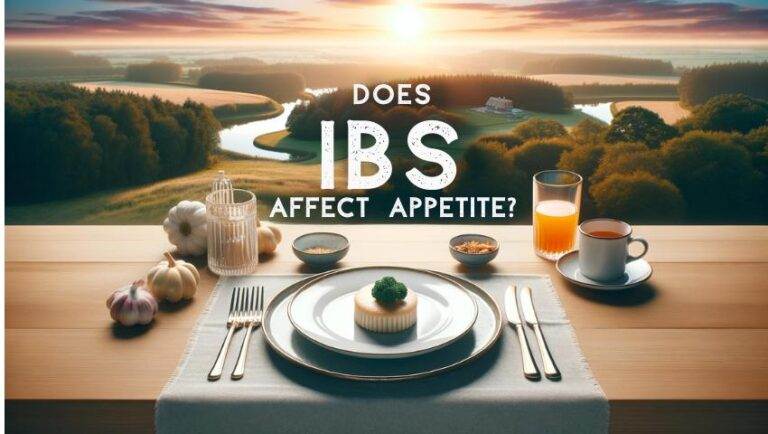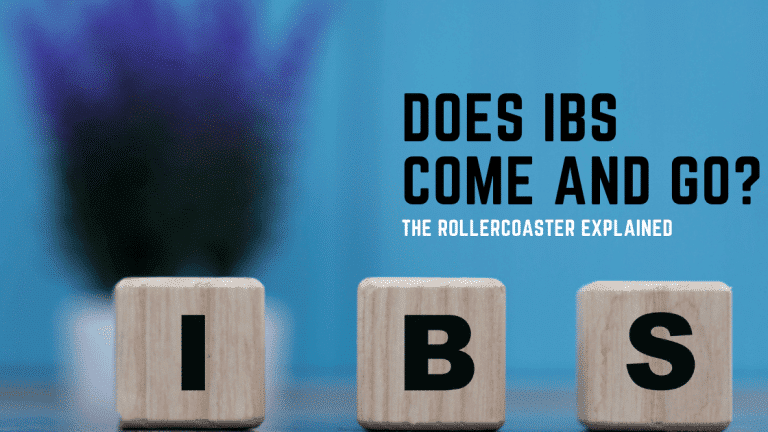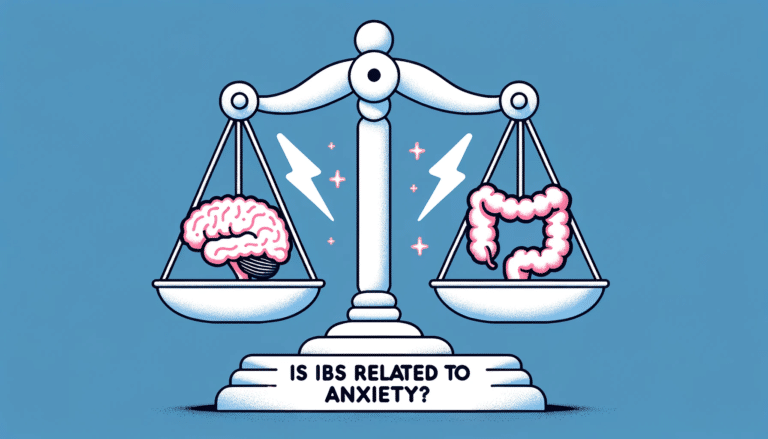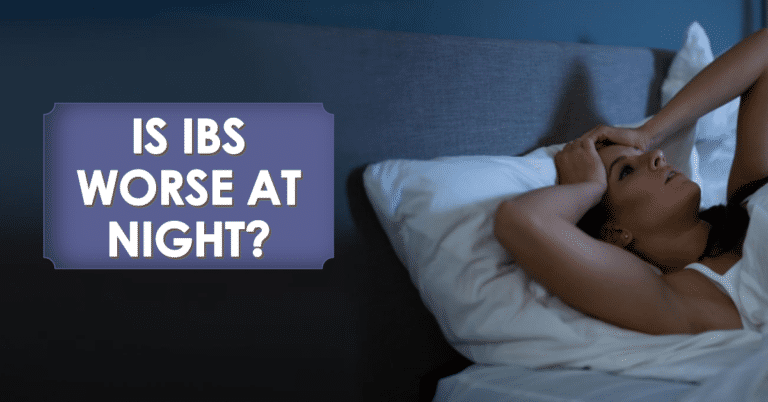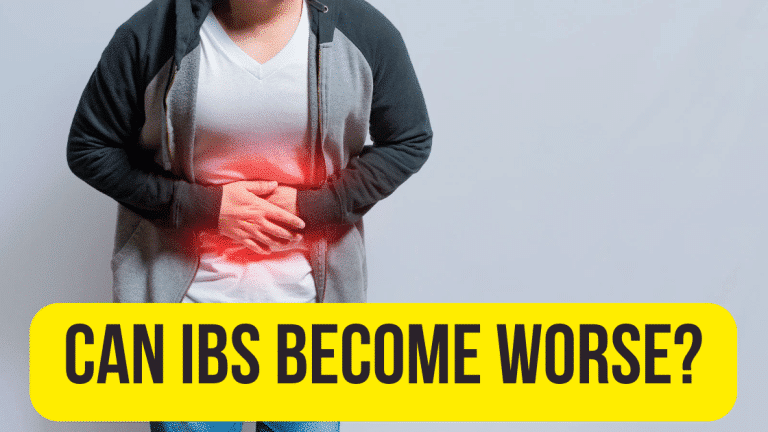Can IBS Cause Fatigue? – Why Irritable Bowel Syndrome Drains Your Energy
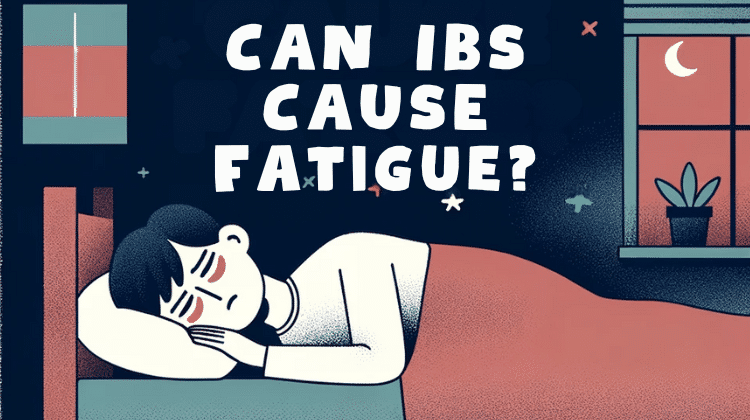
Fatigue and tiredness. It’s something we all experience from time to time. But for those with irritable bowel syndrome (IBS), that feeling of exhaustion never seems to go away.
As someone who has suffered from IBS for years, I know all too well how the chronic fatigue can really drag you down day after day.
So can IBS cause fatigue? Yes it can, and there are many reasons for it – from nutrient malabsorption to disrupted sleep, and everything in between.
Continue reading to find out why it doesn’t have to be this way.
IBS Can Lead to Persistent Fatigue in Multiple Ways
There are a few reasons why IBS tends to cause fatigue:
- Disrupted sleep – Abdominal pain, constipation, and excess bathroom trips make sleep difficult
- Nutrient malabsorption – Diarrhea prevents proper nutrient absorption
- Chronic inflammation – IBS causes inflammation that zaps energy
- Chronic stress – Managing IBS symptoms causes mental exhaustion
Abdominal Pain and Cramping Disrupt Sleep
One of the hallmark symptoms of IBS is abdominal pain and cramping. This discomfort makes it hard to fall asleep and stay asleep throughout the night. Tossing and turning leads to non-restorative sleep, resulting in daytime tiredness.
Diarrhea Causes Nutrient Malabsorption
For those with IBS-D (diarrhea predominant), diarrhea prevents the body from properly absorbing key nutrients from food. Deficiencies in iron, vitamin B12, magnesium, and more will quickly drain your energy levels.
Inflammation Zaps Your Energy
The chronic intestinal inflammation associated with IBS requires a big expenditure of energy from your body to fight it. This can leave you feeling exhausted.
Managing IBS is Mentally Taxing
Coping with the ups and downs of IBS symptoms day after day takes a toll mentally. This chronic stress and anxiety understandably leaves you fatigued.
How to Regain Your Energy When You Have IBS
So we’ve established that IBS can definitely cause persistent fatigue. But the good news is there are some steps you can take to help improve your energy levels. Here are some tips to fight fatigue if you have IBS:
Get Your IBS Symptoms Under Better Control
The number one thing you can do is get the IBS itself under better control.
Identifying and avoiding trigger foods, managing stress, taking medications as needed, and finding an effective treatment plan that works for you are all effective options.
When your IBS symptoms flare less often, you’ll naturally have more energy on a regular basis.
Correct Any Nutrient Deficiencies
Ask your doctor to test your levels of iron, vitamin B12, vitamin D, magnesium, and zinc.
Supplement any deficiencies found through diet changes and quality supplements like Performance Lab NutriGenesis Multi and Performance Lab D3 + K2, as this can help resolve fatigue.
Rule Out Other Conditions
Make sure your fatigue isn’t being caused by something else like thyroid disorders, sleep apnea, or diabetes. Getting proper treatment for other conditions can boost energy.
Increase Exercise Gradually
While exercise may be the last thing you feel like doing when fatigued, gradually increasing physical activity can reduce IBS symptoms while also boosting energy levels. Start slow.
Improve Your Sleep Habits
Practice good sleep hygiene to maximize restfulness. Keep a consistent bedtime, limit electronics before bed, sleep in a cool dark room, reduce caffeine, and use relaxation techniques. Improving sleep will increase daytime energy.
Reduce Stress Through Lifestyle Changes
Chronic stress exacerbates IBS and leads to fatigue for many with this often dibilitating condition.
Make time for stress-reducing activities like gut-directed hypnotherapy, meditation, yoga, massage, counseling, or support groups.
Simplify obligations and take breaks as needed. Lowering stress can help increase energy.
Eat Smaller, More Frequent Meals
Eating smaller meals more often, rather than 3 large meals a day, can prevent post-meal fatigue. Large meals require significant energy to digest, especially when you have IBS.
Listen to Your Body and Rest Accordingly
Pace yourself and rest when needed. Take short breaks during activities and naps during the day. Don’t overexert yourself, as this will backfire energy-wise. Allow your body time to recharge.
Consider Supplements that Reduce Fatigue
Some supplements like coenzyme Q10, B complex vitamins, ginger, and peppermint may help combat fatigue. Talk to your doctor before taking any new supplements with your IBS.
The key is not to ignore persistent fatigue and chalk it up to just having IBS.
Making lifestyle changes and getting the right treatment can help regain your energy, improve your quality of life, and let you function at your best every day.
The Link Between IBS and Chronic Fatigue Syndrome
Now here’s an interesting connection—some studies have hinted at a relationship specifically between IBS and chronic fatigue syndrome (CFS).
CFS is no walk in the park; it’s a tricky disorder marked by serious zonked-out fatigue, achy joints, killer headaches, fuzzy memory, and more.
One study found that people with IBS were way more likely to also have CFS.
Experts think IBS and CFS could share some sneaky underlying causes, like:
- Haywire nervous system
- Misfiring immune system
- Out-of-whack gut bacteria
- Crossed wires between gut and brain
But more research is still needed to totally unravel the secrets between IBS and CFS—it’s still a bit of a mystery. We’ll have to stay tuned on that front!
Can IBS Cause Fatigue? – Final Thoughts
Think IBS is just a little digestive problem? Think again. Unpredictable bowel movements and gut trouble can drag you down, leaving you weary and unfocused.
When your gastrointestinal system is out of whack, your body struggles to draw fuel from food.
Before you know it, you’re sapped of energy and struggling to concentrate.
Take control of your IBS, and take back your vitality. With the right treatment plan, you can get your engine revving once more.
Disclaimer: This content is based on my personal experience as an individual diagnosed with celiac disease and IBS (Irritable Bowel Syndrome) who follows a strict gluten-free diet. This does not constitute medical advice. Please consult a medical professional, nutritionist, or qualified dietitian for personalized, professional advice.


